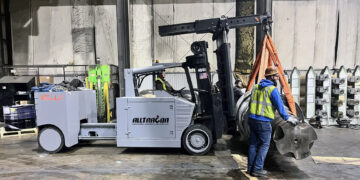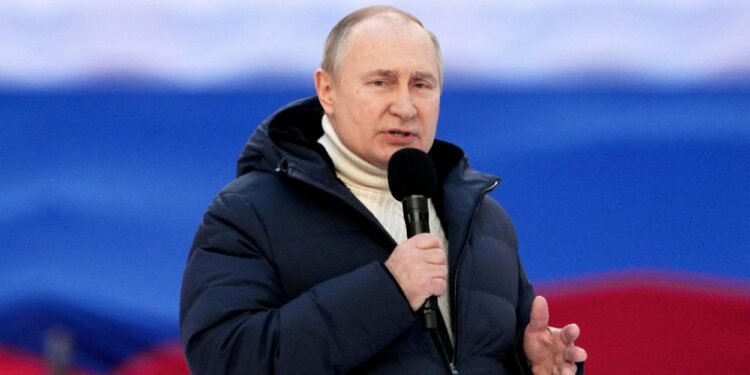As the spectre of war looms huge over Eastern Europe, the gravity of Russian President Vladimir Putin’s dangers is at last sinking in over the landmass. From the cobbled boulevards of Prague to the windswept fields of Poland, a sense of unease and criticalness is palpable.
Europe’s beginning reaction to Putin’s military build-up close to the Ukrainian border was one of cautious positive thinking. Conciliatory endeavours, initiated by France and Germany, pointed to de-escalating the circumstance through discourse and concessions. Be that as it may, Putin’s later proclamations, coupled with the proceeded massing of troops, have smashed this delicate hope.
A Move in Perception:
No longer seen as unimportant sabre-rattling, Putin’s dangers are presently being taken genuinely. European pioneers, who at first made light of the plausibility of a full-scale intrusion, are presently recognizing the gravity of the circumstance. German Chancellor Olaf Scholz as of late cautioned that:
“the risk of war in Europe is genuine and must not be belittled.”
French President Emmanuel Macron reverberated this assumption, expressing that:
“we are confronting a noteworthy emergency that requires a joined together and decided reaction from Europe.”
This move in recognition is fueled by a few components. Firstly, the sheer scale of the Russian military build-up is phenomenal in later times. With over 100,000 troops positioned close the Ukrainian border, the potential for a large-scale attack is irrefutable. Furthermore, Putin’s progressively hostile talk takes little room for error. His later requests for NATO to roll back its nearness in Eastern Europe and recognize Crimea as a Russian domain are seen as non-starters by the West, assist raising the spectre of conflict.
The Swell Effects:
The potential results of a Russian intrusion into Ukraine are far-reaching and profoundly concerning. Past the prompt helpful emergency and misfortune of life, such an occasion would have critical geopolitical and financial ramifications.
Security: A war in Ukraine would smash Europe’s delicate security engineering, possibly triggering a more extensive struggle and destabilizing the complete locale. NATO’s validity would be put to the test, and the collusion would confront colossal weight to reply militarily.
Economy: The financial aftermath would be extreme, with disturbances to vitality supplies, exchange, and venture. European economies, as of now hooking with the consequence of the widespread, would confront advanced hardship.
Vitality: Europe depends intensely on Russian gas, and a struggle would disturb these supplies, leading to vitality deficiencies and cost climbs. This would have a domino impact on different businesses and may trigger social unrest.
Europe’s Response:
In reaction to this developing risk, Europe is scrambling to reinforce its guards and plan for a potential conflict. NATO has reported the arrangement of extra troops to Eastern Europe, and some states are expanding their defence investment. The European Union is additionally considering forcing harder sanctions on Russia, focusing on its budgetary segment and key individuals.
Be that as it may, a few specialists caution that these measures may not be sufficient to discourage Putin. They contend that a more strong and bound-together reaction is required, counting a clear commitment to military mediation to Russia’s attack on Ukraine.
The Street Ahead:
The coming weeks and months will be critical in determining the course of events. Diplomatic efforts aimed at finding a peaceful resolution to the crisis are ongoing, but their success remains uncertain. As Europe stares down the barrel of a potential conflict, the gravity of Vladimir Putin’s threats is finally dawning. The continent now faces a stark choice: deter him through unity and resolve, or risk being drawn into a devastating war.






























